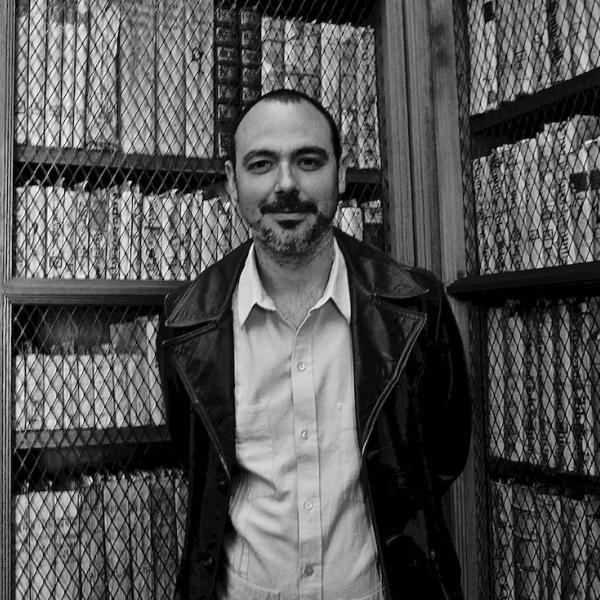
My research and teaching focus on the cultural and literary histories of early modern Spain, colonial Latin America, and the Philippines. I am interested in topics such as war writing, popular culture, premodern revolt, book history, and autobiography. In addition to these topics, I teach courses on Golden Age poetry, the picaresque, the Inquisition, and modern Iberian literatures and cultures.
My first book, Front Lines. Soldiers’ Writing in the Early Modern Hispanic World (University of Pennsylvania Press, 2016), explored the writing and reading practices of the Spanish popular soldiery in the Old and the New Worlds, and it has been translated into Spanish as Las líneas del frente. La escritura de los soldados en la Edad Moderna (trans. Ana Useros, Madrid: Akal, 2024). My second book, Comuneros. El rayo y la semilla, 1520-1521 (Hoja de Lata, 2021), is a new history of Castile’s Comunero uprising in 1520 and its modern intellectual and political legacies. I am also the author of a critical edition of Catalina de Erauso’s Vida y sucesos de la Monja Alférez (Clásicos Castalia, 2021) that proposes a thorough rereading of the text by bringing together philology, autobiography studies, and trans history. With Albert Lloret, I also co-edited a special issue of Calíope (Fall 2018) on “Poesía y materialidad,” and with Antonio Castillo Gómez I coordinated a volume of the Journal of Early Modern Studies (2024) on “Subaltern Writing and Popular Memory in the Early Modern World.”
I am currently working on a book project tentatively titled The Sunken City. Literature and Urban Culture in Colonial Manila, which studies the literary practices of the city’s colonial elites and its multiracial third estate in relation to the peculiar social formation that emerged entangled with the political economy of the Transpacific trade. Other recent and ongoing work has dealt with topics such as the poetry of the Morisco diaspora, the role of artisans in the production of Iberian Renaissance theater, and the intellectual legacies of Ángel Rama and José Antonio Maravall. These research projects have coexisted, in the last few years, with a growing interest in public history and the public humanities, and I have regularly written for non-academic audiences in Spanish.
